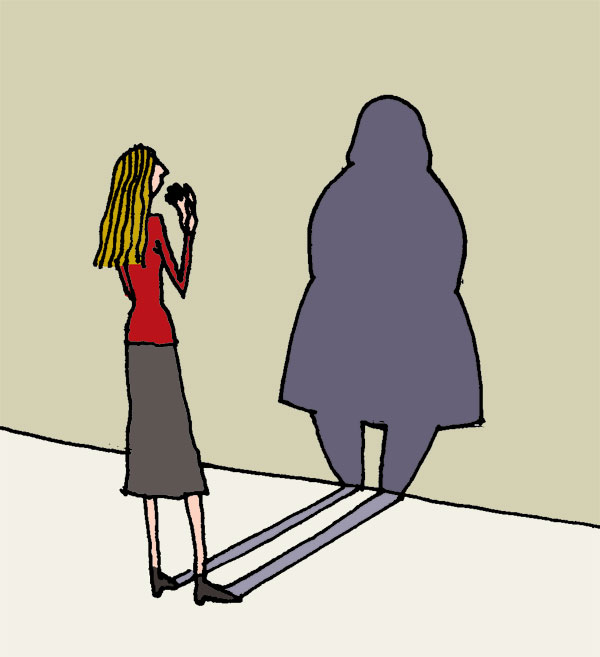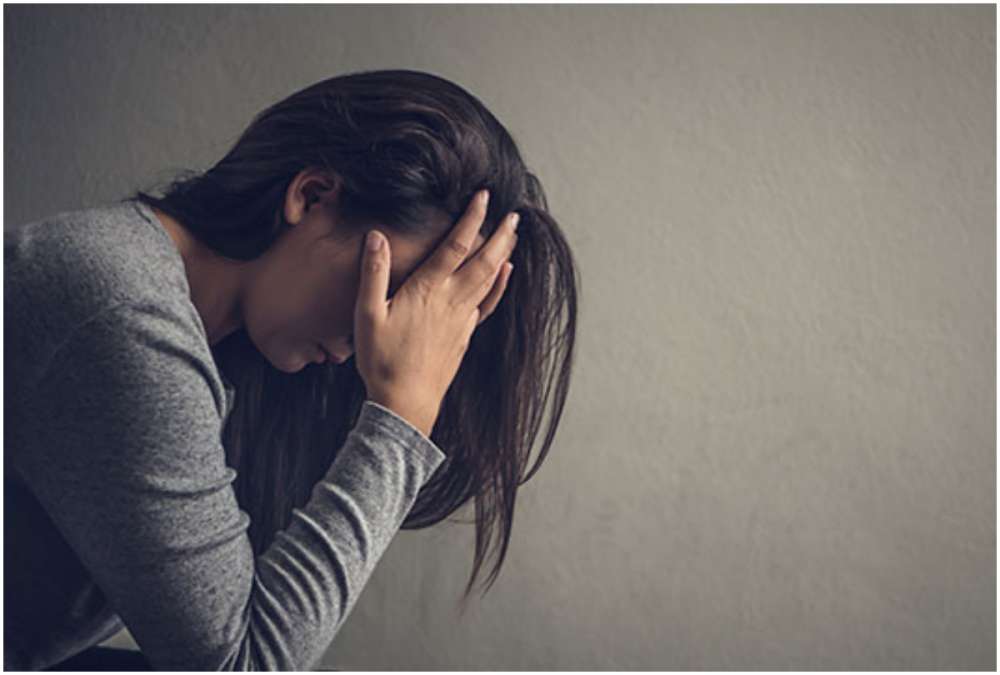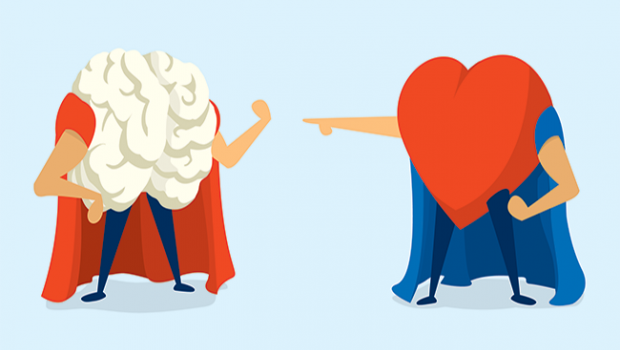
Anorexia Nervosa
My daughter Rakhi, 18 years old, 5’6” tall, weighs only 37 kg. Her actual weight should be around 50 kg looking at her age and built. Even then, she feels that she is overweight and wants to lose 3 kgs more. She hardly eats, exercises vigorously and is constantly preoccupied with her weight and measurements. She checks her weight every waking hour and the topic of her weight has become a nuisance for the family and friends. I have tried to explain to her the merits and demerits of undernourishment but she refuses to budge. There are also times when she just starts eating voraciously. At that time, she can eat continuously but soon that gives way to terrible anger and remorse under which she starts to starve again. What should I do?
Rakhi is suffering from anorexia nervosa and bulimia nervosa. There is a willful and purposeful behavior directed towards losing weight, weight loss, intense fear of gaining weight and peculiar dietary habits. There are many causes of this problem. Slenderness has been often used as an expression of attractiveness. Some professions are also associated with slenderness and this can create a social demand. There is a denial of emaciation and denial of fatigue, hunger and weakness. She would have a lot of inflexible thinking, social introversion, greater interpersonal insecurity and regimentation of behavior. The significance of body weight and shape are greatly distorted. She feels very ineffective and for her losing weight is an impressive achievement that boosts self-esteem and sense of control. She stares continuously in the mirror to reassure herself that she is not gaining weight. She believes that thinness can solely define her self-esteem. There are a lot of bodily disturbances and hormonal changes that are dangerous due to prolonged anorexic states. She fails to recognize that she is dangerously emaciated. This is a dichotomous pattern of thinking (all or none reasoning). Rakhi believes that only through extra-ordinary self-discipline she can have a sense of autonomy and selfhood. The state of binge eating is where there is a powerful and intractable urge to overeat. A morbid fear of fattening and the resultant starvation follow this. There is a sense of losing control. The starvation is never successful in losing weight. The binge eating is followed by feelings of guilt, depression and self-disparagement. Rakhi would also have a wide range of psychological problems. The personality is such that there is a lot of chaos, troublesome relationships, impulsive behaviors and high level of anxiety. There is a very poor self-concept and a paralyzing sense of ineffectiveness, which pervades all thinking and activities.
What you can do to help her?
The first step is to obtain her cooperation and to emphasize the benefits of taking measures that will bring relief of the distressing problem. The benefit of being able to concentrate on matters other than food and body image can result in increased well-being, energy and improved relationships. The goal is to interrupt the self-maintaining behavioral cycle of binging and dieting. This would help in altering her dysfunctional beliefs about food, weight, body image and overall self-concept. Medicines often help in this problem. These are medications, which help in impulse control and to overcome the depression from this disorder. If the behavior goes out of control i.e. there is intense starvation, hospitalization may be necessary as a limiting control. Nutritional counseling can help modify the beliefs about the calorie value of various foodstuffs. The family can help by monitoring her food intake, her feelings and emotions, her binging behaviors and problems in relationships. She has to be taught problem solving methods where she can think through and devise strategies to cope with food-related and relational problems. She has to reduce her vulnerability to rely on starvation and binging as a means of coping with problems. She has to be told that the only thing that she can control in her life is not her weight. She has to be supported to let go of her beliefs of helplessness, being unlovable and undesirable, hypersensitivity to control by others and the wish for approval. The goal is not to achieve the ideal body weight for height and built but about 80 % of that ideal. It is very important to rehydrate her first with liquid diets. Then gradually a systematic dietary regime that gives a weight increase of about 0.5 kg per week should be structured. At this point, there should plenty of support from the family and relatives. She should be checked for medical problems from starvation. There should be treatment of associated social problems, relationships and psychiatric problems like depression and compulsions. Her personality problems and impulsivity also has to be addressed. With a consistent effort, the need for control through bodily starvation is reduced and she will be able to let go of the core anorectic behavior. Nevertheless, it is important to note here that this problem has stumped psychiatrists all over the world; primarily because people like Rakhi do not recognize this problem themselves and the motivation to help themselves is very low. There is a greater chance that she may come around for a while but then there may be a return to the original behavior once again. The best help that you as a parent can give her is to help her change her core beliefs about her attractiveness and the penchant for slenderness. It is important to focus on behaviors other than relating to food also so that it can help her take her mind off the eating habits. There might be a lot of anger towards control by authority figures like parents and it has to be addressed also.



